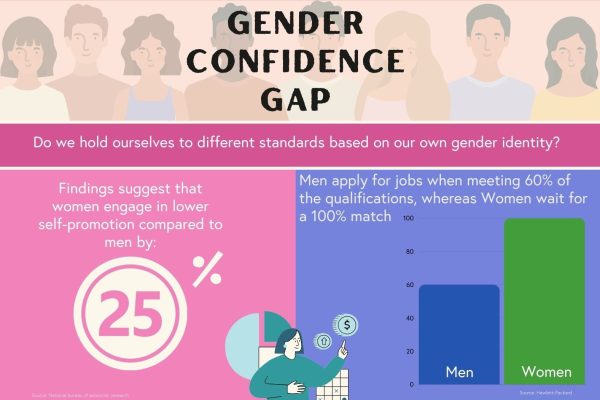The Tyranny of Time – Priorities
3 min read
Working with leadership teams in recent weeks, what has become clear is that most feel that they are driven by time. They feel stressed and tired and are struggling to find time to reflect and focus on strategy or on longer-term goals.
Time is a finite resource. It is always moving forward, and we can’t stop it or slow it down. We have allowed it to assume the role of a harsh taskmaster, forcing us to run faster to keep up and fit more into already tight schedules. The result is stress and exhaustion leading to eventual burnout.
Perhaps it doesn’t have to be this way. Perhaps by running so fast and accepting the demands of time, we have lost perspective.
Once we lead our lives by the natural cycles of day and night, by the movement of the sun and the changing of the seasons. Our assessment of time was only roughly delineated. Then clocks were invented, made by men. We gradually handed control of our time to these man-made objects.
We need to take control back.
It is fact that there are 24 hours in a day, but how we choose to use that time can have a significant impact on our lives. The question of whether time manages us or we manage our time is a crucial one.
It is easy to say that we will manage our time effectively – and hard to do. We must become intentional about how we allocate our time and stick to our decisions. To do it, there are 2 key questions to answer:
What are my priorities?
The Pareto principle states that 80% of our results come from 20% of our efforts. The task is to identify the 20% to give us a point of focus. Once we know what to prioritise, we need to plan. The trick is to schedule your priorities rather than to prioritise your schedule. It is all too easy to prioritise your schedule. The demands come in and we accept them without thought. We believe that they are necessary because they are in front of you, and often someone is waiting. We don’t stop and reflect. But, if you know what your priorities are it is much easier to do.
Imagine that you have an empty jar in front of you. You also have some large pebbles which represent your priorities. There are some smaller stones that represent tasks that are fairly important. Next to those is a pile of sand which represents less important tasks.
If you fill the jar with the sand first and try and add the pebbles and stones on the top, you won’t fit them all in. However, if you put the pebbles in first, then the stones, and then add the sand, the sand will fill the small spaces in between. You may not be able to get all the sand in, which is fine because you have allocated time to your priorities. This is how we need to plan.
What must I stop and say ‘no’ to?
It’s also essential to learn how to say no and set boundaries. We can’t do everything, and trying to do so only leads to burnout and stress. By saying no to tasks that don’t align with our priorities or that we simply don’t have the time for, we can free up our time for the things that matter most.
It is harder to STOP something than to start something new. Old habits are hard to break. Ask any addict and they will confirm this. And some of us are addicted to being busy, perhaps because it makes us feel needed.
Stopping takes discipline and rigour and being prepared to upset others by saying no. There are diplomatic ways of doing it and minimising the upset. Mostly this is achieved by simply explaining what you are trying to do. To use another analogy, you can’t cook an omelette without cracking the eggs.
Another important factor in managing our time is being aware of our own energy levels and productivity patterns. Some people are most productive in the morning, while others work best in the afternoon or evening. By understanding when we are most productive, we can schedule our priorities accordingly and make the most of our peak productivity hours.
Finally, it’s crucial to take breaks and allow ourselves time to recharge. We may think that working non-stop is the best way to manage our time, but in reality, taking breaks and stepping away from our work can increase our productivity and creativity in the long run.



